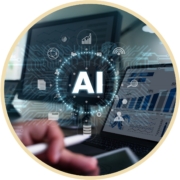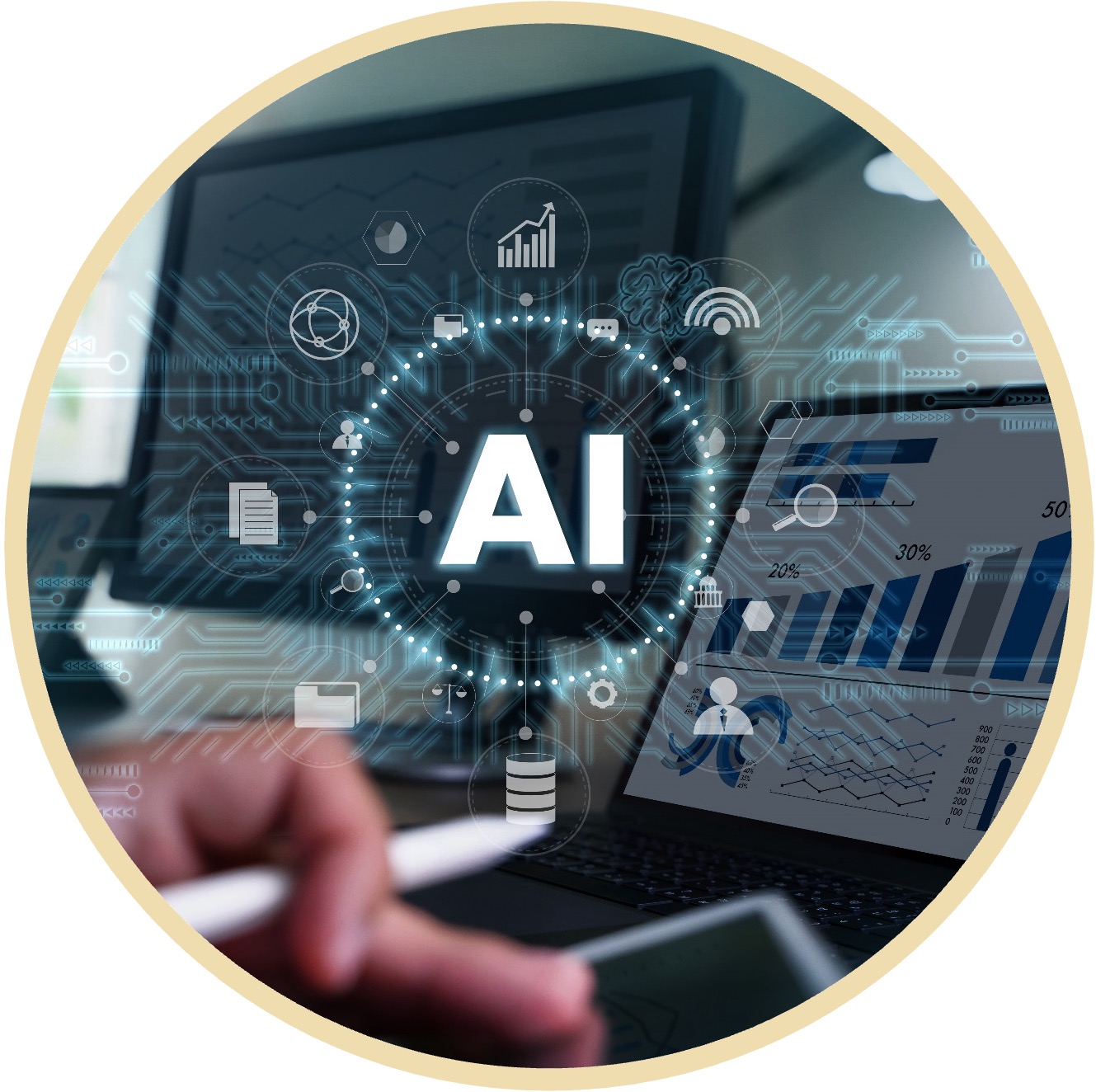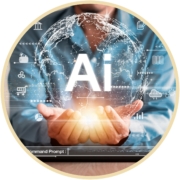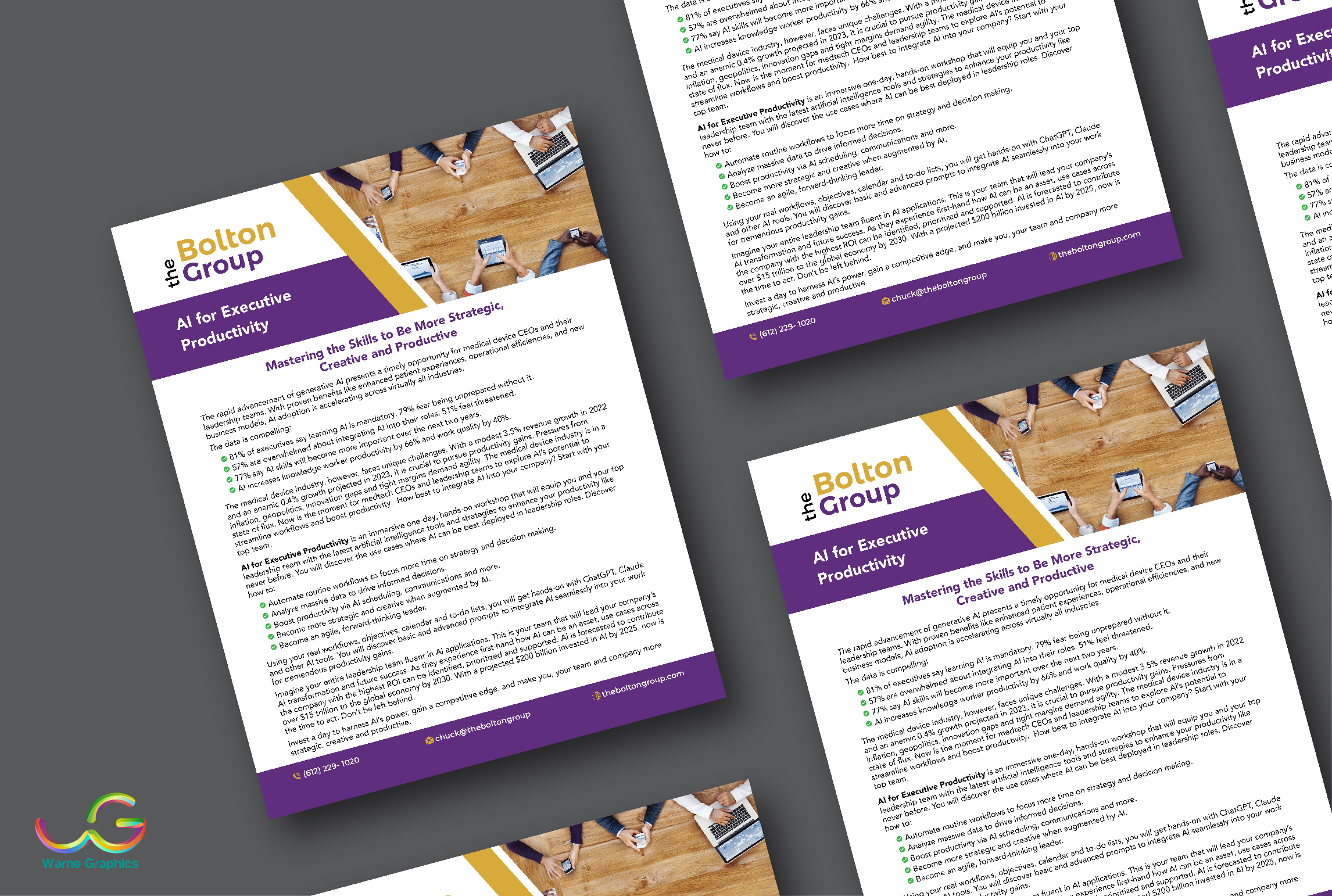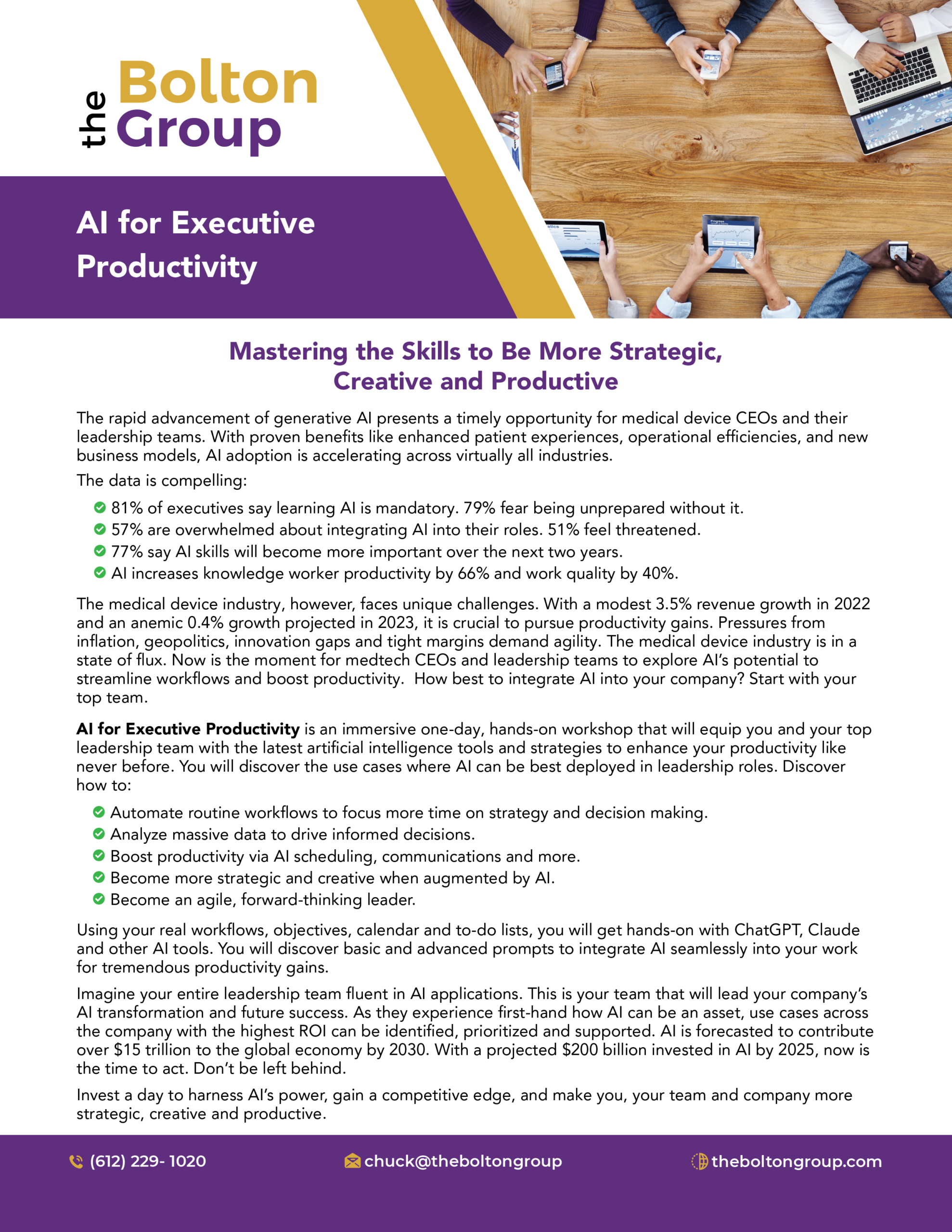AI in the Doctor’s Office: The Prescription for Healthcare’s Future
How Artificial Intelligence is Revolutionizing Patient Care and Medical Education
The intersection of artificial intelligence and healthcare is rapidly evolving, promising to revolutionize everything from patient care to medical education. In a recent Washington Post Live webinar, two leading experts in the field, Dr. Lloyd Minor, Dean of Stanford’s medical school, and Dr. Rebecca Mishuris, Chief Medical Information Officer at Mass General Brigham, shared their insights on the current state and future prospects of AI in medicine. Here’s a link to the webinar.
Here are the top five points made by Dr. Rebecca Mishuris:
- Mass General Brigham is piloting AI technology with 800 physicians to summarize clinical visits, which is improving patient-provider interactions and potentially reducing provider burnout.
- There is a need to not only reduce the burden of getting data into the system but also to make it easier to retrieve and use that data for clinical decision-making.
- One of the biggest current gaps is the ability to monitor for hallucinations and inaccuracies in the content generated by AI, especially when it comes to using AI for diagnostic and therapeutic decision-making.
- AI has the potential to reduce inequities in healthcare outcomes, but it requires starting with diverse data sets and retraining models to perpetuate more equitable outcomes.
- Medical education will need to evolve as AI technology advances, shifting from memorization of facts to understanding how to integrate and interpret data for clinical decision-making.
Here are the top five points made by Dr. Lloyd Minor:
- The potential of AI and generative AI to revolutionize healthcare delivery and biomedical research is enormous, but it will likely happen through a series of incremental steps.
- AI has the potential to significantly impact medical education by helping physicians stay up-to-date with rapidly evolving medical content and by shifting the focus to reasoning and application of knowledge.
- AI is already being applied in areas like radiology and pathology to improve the accuracy and efficiency of medical imaging interpretation and diagnosis.
- One of the major roadblocks to AI implementation in healthcare is the fragmentation of health data across different systems and the need to protect patient privacy while enabling data sharing.
- Ensuring that AI models are trained on representative and unbiased data is critical to preventing erroneous conclusions and perpetuating health inequities.
We stand on the brink of a new era in healthcare, the integration of AI presents both exciting opportunities and significant challenges. While AI has the potential to reduce administrative burdens, improve diagnostic accuracy, and even address healthcare inequities, it also raises important questions about data privacy, the risk of perpetuating biases, and the need for evolving medical education. As Dr. Minor and Dr. Mishuris emphasized, the key to harnessing AI’s potential lies in responsible implementation, continuous monitoring for accuracy, and ensuring equitable access to these technological advancements. As we move forward, the collaboration between technologists, healthcare providers, educators, and policymakers will be crucial in shaping an AI-enhanced healthcare system that truly benefits all patients.










